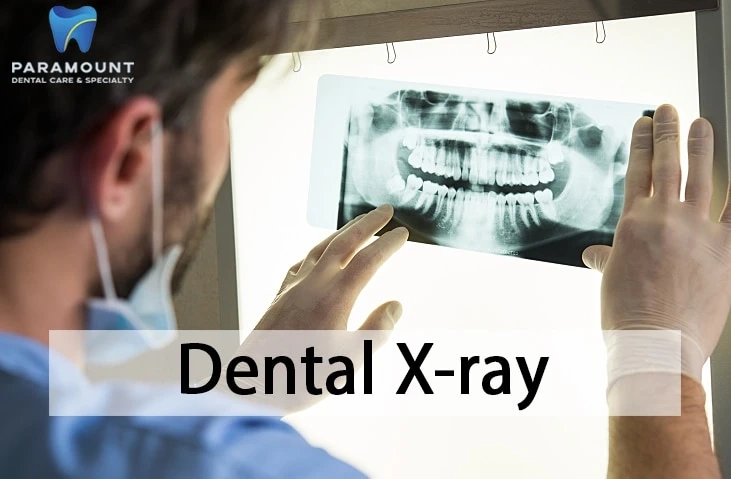Due to dental x-rays, oral treatments have become much more convenient. Now, dentists do not have to prescribe medication or any sort of dental treatment on assumption. The x-ray report indicates the underlying condition of your oral health, helping the dentists to suggest the best possible treatment. Through this write-up, we will enlighten you about the different types of dental x-rays, the preparation procedure, and what to expect after the examination. So, without any more delay, let's jump into the topic.
Different types of x-ray reports
When speaking of dental x-rays, speaking of their types is a must. Following are the most common x-ray types that capture the images of your oral structure, teeth, and mouth from slightly different angles.
Occlusal x-ray
Occlusal x-rays are usually performed to identify the anatomical abnormalities of your mouth. And you need to keep your jaw closed while undergoing the x-ray. This dental x-ray captures the picture of all your teeth in a single shot.
Bitewing x-ray
Though most patients remain anxious during dental x-ray treatment, this procedure is kind of fun. You need to bite down a piece of paper, letting your specialists see whether the crowns of your teeth match perfectly. And through this x-ray report, dentists check the presence of a cavity between your teeth.
Periapical x-ray
This x-ray technique captures the image of two teeth, from their roots to crown. It usually shows the bone structure of a tooth.
Panoramic x-ray
In the case of panoramic dental x-rays, the tool that captures the image moves from one side to another over your mouth. A panoramic x-ray type is performed to detect wisdom teeth or other jaw problems. Also, before initiating dental implantation, your dentist would first check the panoramic x-ray report of your mouth.
Do you need any special preparation for dental x-rays?
In a short and simple answer, dental x-rays do not require any kind of preparation. However, to ensure a hygienic environment inside the clinic, you must keep your teeth and tongue clean before initiating the x-ray program.
Is there any risk with dental x-rays?
It is true that oral x-rays involve radiation. However, the radiation level is so low that it is completely safe for every human being, regardless of age. Moreover, if your dental specialist employs digital x-ray in the place of filming them, the risk levels get even lower.
How often do you need to have dental x-rays?
Other than the emergency cases, it's perfectly fine to undergo a dental x-ray examination once a year to ensure sound oral health. However, you always consult your dentist to get the best advice.
Hopefully, we have managed to resolve some of your doubts regarding dental x-rays. At our clinic, we ensure to use the latest and sterilized tools and equipment to perform the x-ray program. Also, our reports are 100% precise. If you have any queries concerning x-rays or any other dental treatments, feel free to contact us.


